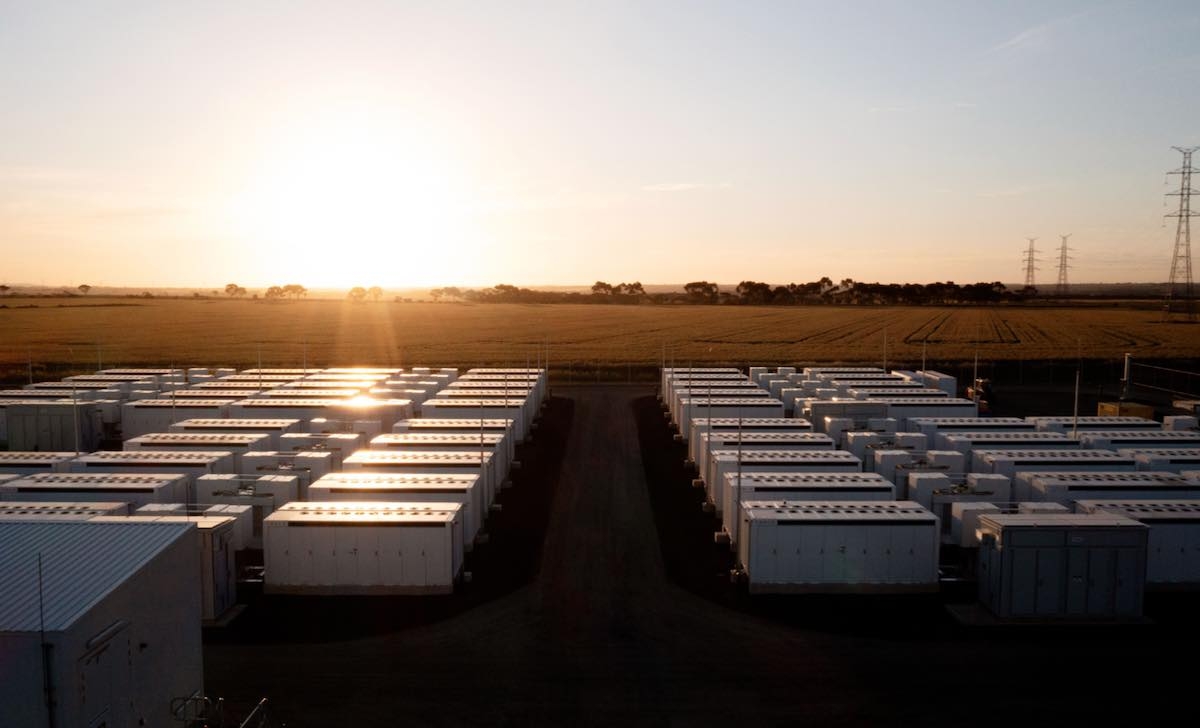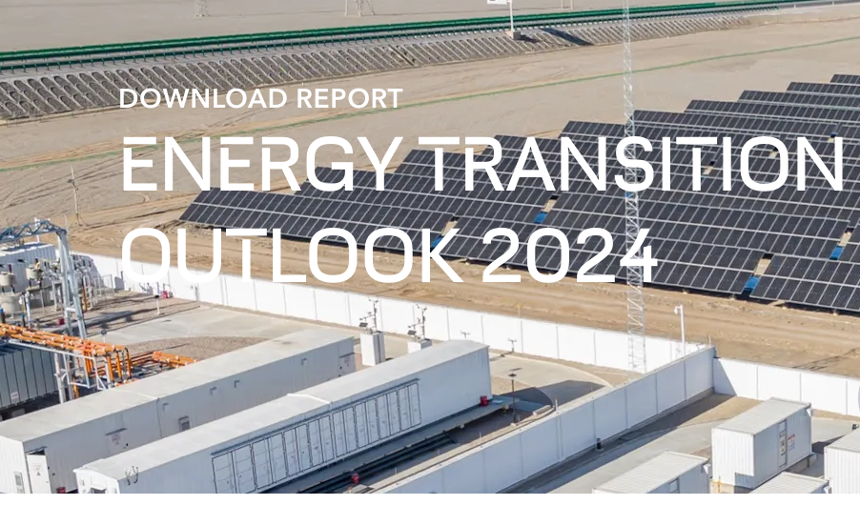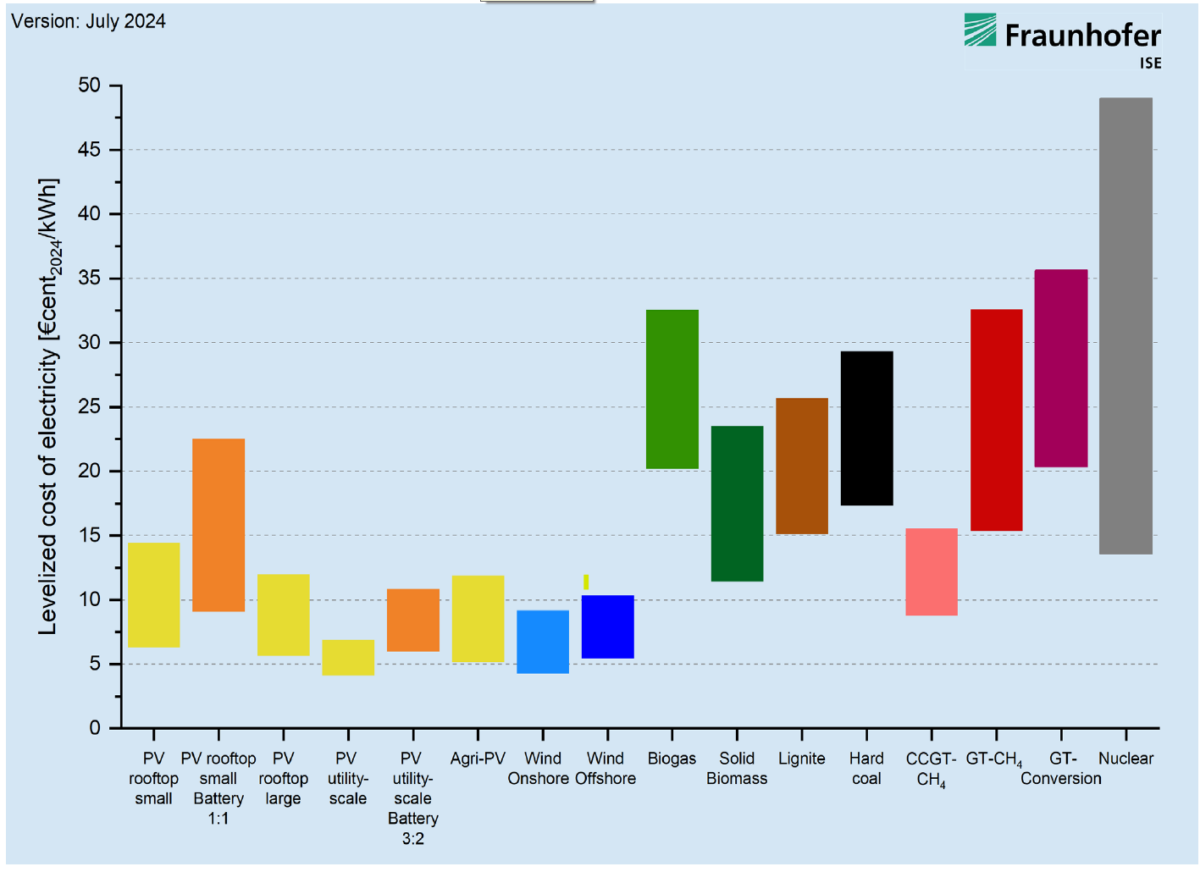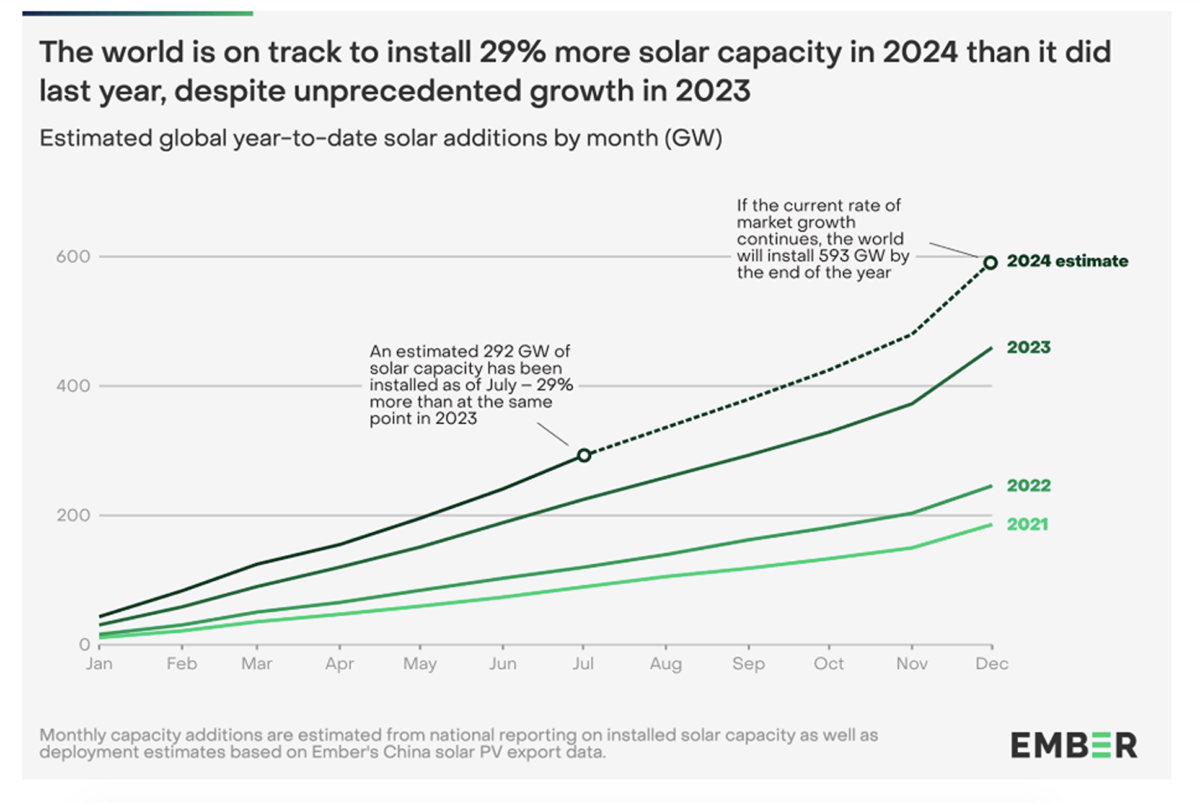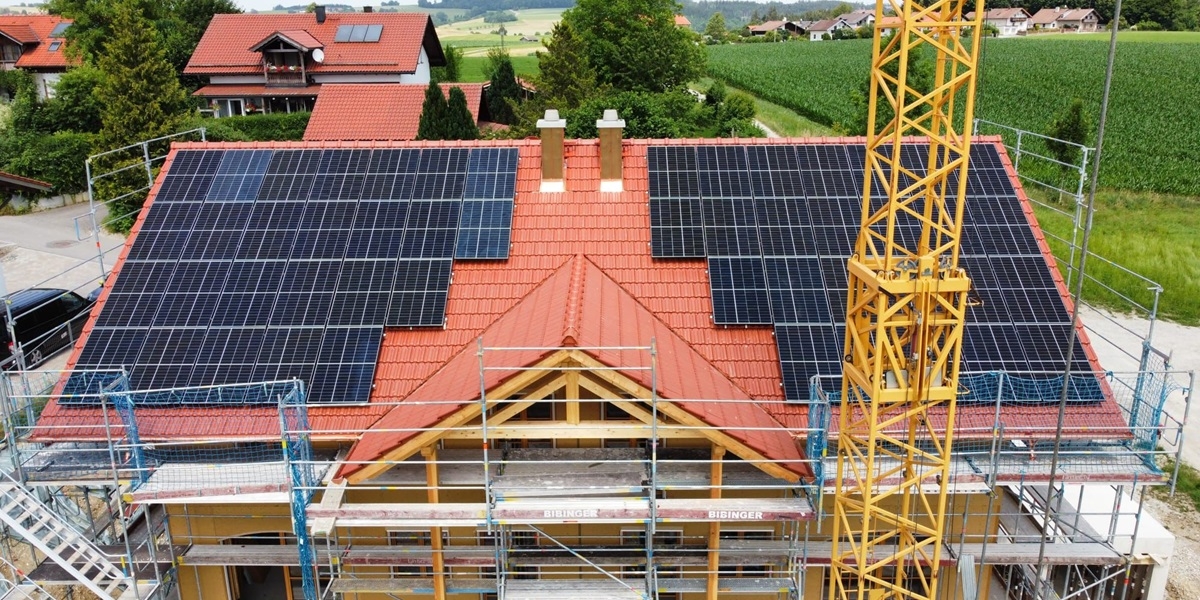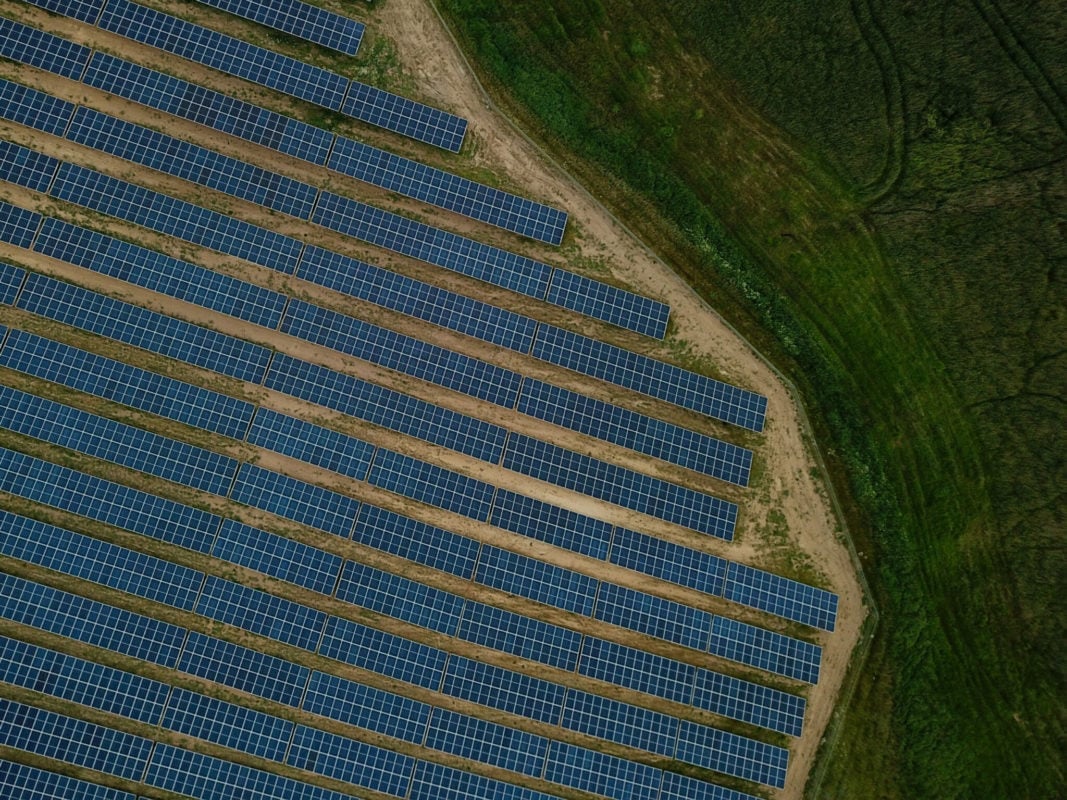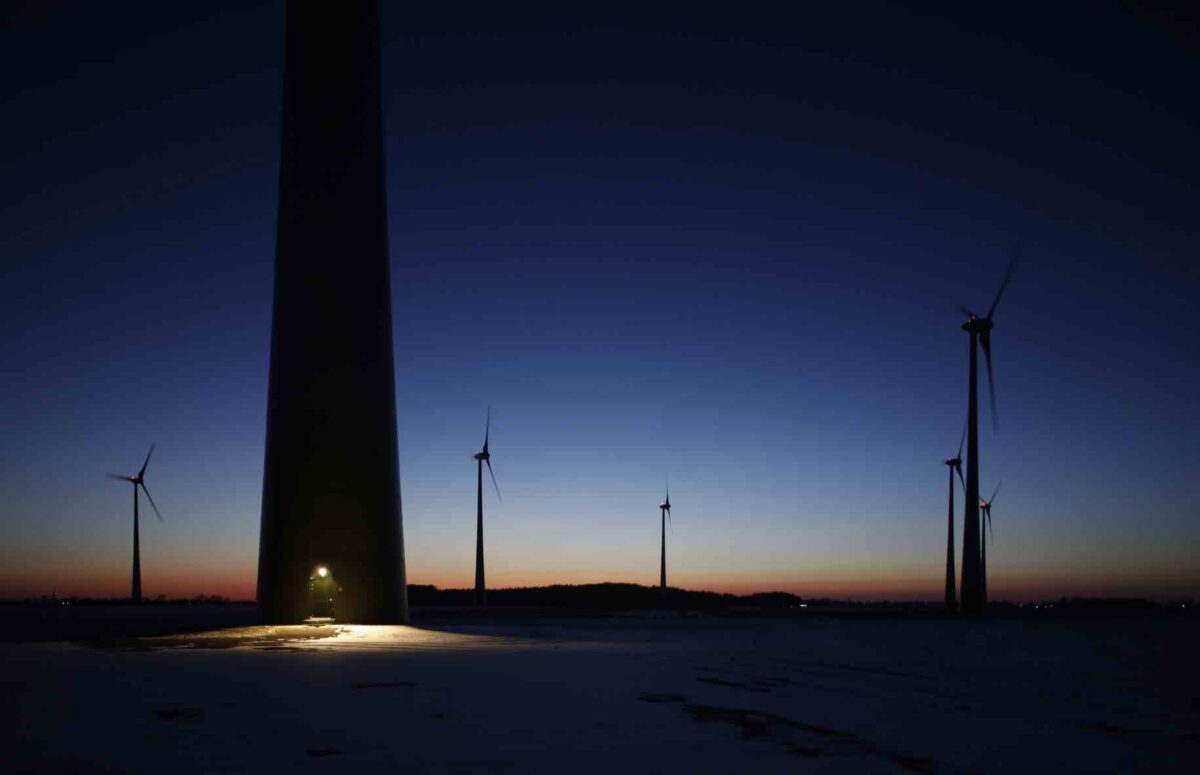Hugohase 2d ago • 100%
It wasn't even an accident, he just killed a cyclist because he wanted to drive on a bicycle path without being, rightfully, called out for it. Bonus points for having his child in his car.
Hugohase 7d ago • 100%
This looks exactly like I always imagined battery storage should look like, at least in a first step. Mid-sized batteries strategically distributed in the grid for frequency regulation/grid balancing.
Hugohase 7d ago • 66%
Some critics argue that the prestige of the Prize in Economic Sciences derives in part from its association with the Nobel Prizes, an association that has often been a source of controversy. Among them is the Swedish human rights lawyer Peter Nobel, a great-grandnephew of Alfred Nobel.[40]
Nobel accuses the awarding institution of misusing his family's name, and states that no member of the Nobel family has ever had the intention of establishing a prize in economics.[41] He explained that "Nobel despised people who cared more about profits than society's well-being", saying that "There is nothing to indicate that he would have wanted such a prize", and that the association with the Nobel prizes is "a PR coup by economists to improve their reputation".[40]
Hugohase 1w ago • 100%
No idea what you mean and not gonna read the ipcc report now.
Hugohase 1w ago • 100%
Ok, bask in your american exceptionalism if you please.
Hugohase 1w ago • 100%
Those data centers would soon be somewhere else due to... economics. And even if not, wouldn't be significant.
Hugohase 1w ago • 100%
Maybe if you start heating your homes by burning car tires in your gardens. But otherwise, no. You are already so far behind the curve that economics really don't allow CO2 emission increases on a global significant level.
Hugohase 1w ago • 100%
The world is not just the USA...
Hugohase 1w ago • 66%
They don't even say that. They say emissions will peak which is en par with other institutions.
Hugohase 4w ago • 100%
Have you read the article? Hydrogen is developed... fast...
Hugohase 4w ago • 100%
Ok, have it your way. Hydrogen Supply Outlook 2024: A Reality Check
Hugohase 4w ago • 100%
The strategy is being implemented, infrastructure being build. Electrolysers and hydrogen ready NGs are planed and build. New NG infrastructure is hydrogen ready. What else are you expecting? Should things magically materialise?
Hugohase 4w ago • 100%
Now you are getting away from arguments...
Hugohase 4w ago • 100%
In the EU, hydrogen. Either by fuel cell or burnt in hydogen ready NG plants. Wouldn't be my first choice but thats whats gonna happen.
Hugohase 4w ago • 100%
I can't but it's also not necessary. There are no conditions were no energy from renewables is produced. You have to cover peaks and shift electricity around a bit. The missing parts are interconnection and, dependend on price, overbuilding.
Hugohase 4w ago • 100%
Pumped hydro, hydrogen, batteries. The solutions are readily deployable and economcally viable.
Hugohase 4w ago • 66%
Critisicing Israel is not antisemitism.
Hugohase 1mo ago • 100%
Austria has it! It's called the Klimaticket.
 www.dw.com
www.dw.com
cross-posted from: https://lemmy.world/post/16239452 > IEA: Clean energy investment to reach $2 trillion in 2024 > > _According to the International Energy Agency (IEA), more money is being invested in solar power than in all other sources of electricity combined._ > > > Global investment in clean [energy](https://www.dw.com/en/energy/t-62914338) will reach $2 trillion (€1.84 trillion) this year, **twice the amount invested in fossil fuels**, according to the International Energy Agency (IEA). > > "For every dollar going to fossil fuels today, almost two dollars are invested in clean energy," said IEA Executive Director Fatih Birol. > > Clean technologies include [renewables](https://www.dw.com/en/renewable-energy/t-19008095), electric vehicles, nuclear power, grids, storage, low-emissions fuels, efficiency improvements and heat pumps. > > Meanwhile, total energy investment is expected to exceed $3 trillion for the first time in 2024, the agency said in its annual World Energy Investment report. > > In 2023, [combined investment in renewable electricity and grids](https://www.dw.com/en/a-turning-point-for-batteries-in-the-global-energy-transition/a-67701201) surpassed the amount spent on fossil fuels for the first time. >
 www.ren.pt
www.ren.pt
cross-posted from: https://lemmit.online/post/3086311 > In the first five months of 2024, 87% of the electricity consumed in Portugal was green > > ##### This is an automated archive made by the [Lemmit Bot](https://lemmit.online/post/14692). > The original was posted on [/r/worldnews](https://old.reddit.com/r/worldnews/comments/1d75oo8/in_the_first_five_months_of_2024_87_of_the/) by [/u/randolphquell](https://old.reddit.com/u/randolphquell) on 2024-06-03 14:23:58+00:00. >
cross-posted from: https://futurology.today/post/1609274 > Future energy demand does not need new fossil fuels, study says > > Energy groups did not need to develop any new oil, gas and coal projects to meet future demand, an academic paper says, at a time when rhetoric over the role of fossil fuel companies in addressing climate change is escalating. > > Researchers from University College London and the International Institute for Sustainable Development studied projected future global demand for oil and gas production, and for coal- and gas-fired power generation, under a range of scenarios that limit warming to 1.5C above pre-industrial levels. > > In all of the scenarios, which are all taken from the UN’s Intergovernmental Panel on Climate Change’s (IPCC) Sixth Assessment Report, existing fossil fuel capacity is enough to meet the world’s energy demands, it concludes. > > The study is the first peer-reviewed paper published in a scientific journal to argue that no more fossil fuel projects are needed as renewable energy sources take up the demand, and expands on the findings produced in 2021 by the International Energy Agency. > > The IEA said energy groups must stop all new oil and gas exploration projects if the world was to reach net zero emissions by 2050, and limit global warming to 1.5C degrees. > > Greg Muttitt, a senior associate at IISD, said the research drew on “a large range of scientific evidence . . . But its message to governments and fossil fuel companies is very simple: There is no room for new fossil fuel projects in a 1.5°C-aligned world.” > > “Achieving the Paris Agreement goals means governments need to stop issuing permits for new fossil fuel exploration, production or power- generation projects,” said Muttitt. > > Almost 200 countries agreed to limit global warming to 1.5C above pre-industrial levels as part of the Paris Agreement in 2015, with many countries setting targets to reach net zero emissions by 2050. > > The oil and gas industry has repeatedly pushed back against the IEA, including its forecast that demand for fossil fuels will peak before 2030. > > “I don’t think they’re remotely right,” the chief executive of oil producer Chevron told the Financial Times last October. “You can build scenarios, but we live in the real world, and have to allocate capital to meet real world demands.” > > Last December, countries reached an agreement as part of the UN’s COP28 climate summit to transition away from fossil fuels in an attempt to reach global net zero emissions by 2050. > > The text asks all countries to set “ambitious” emissions targets over the next two years that take into account their fossil fuel use, in an effort to limit global warming to 1.5C above pre-industrial levels. The rise in temperature is at least 1.1C. > > A cut in greenhouse gas emissions by about half by 2030 is required to limit warming, with the burning of fossils fuels being the biggest contributor. However, according to scientists at Nasa, emissions from fossil fuel are still rising. Emissions rose 1.1 per cent in 2023 compared with 2022.
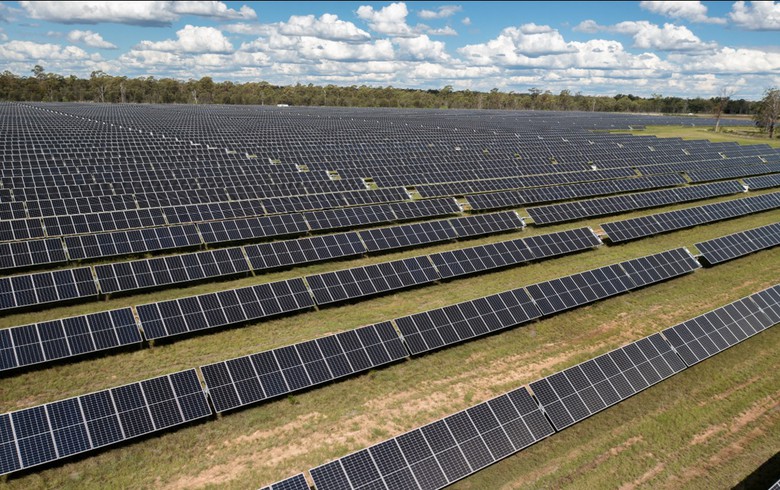 renewablesnow.com
renewablesnow.com
